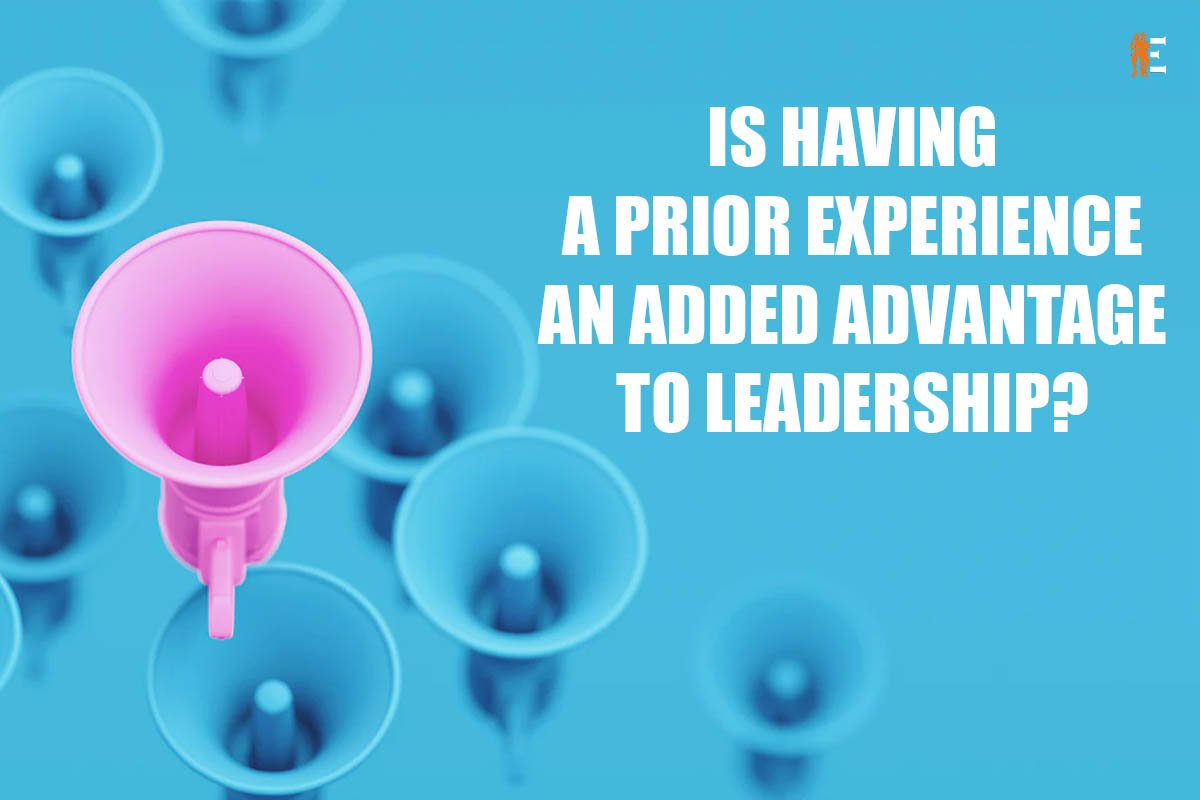Experience in leadership positions gives a number of important advantages. The first step in gaining benefits and possibilities for professional growth from on-the-job experience in leadership positions is to consciously extract and use the lessons learned from such events.
It is not natural to be a leader; rather, one must earn their place in a position of authority. And they are formed over the course of many years, taking the form of both personal and professional experiences.
The majority of one’s learning and growth comes not from classroom instruction but rather from practical work experience in leadership positions.
But, the process of developing leadership skills is not a passive one. Letting the experiences of your life wash over you is not the only solution to this problem. The most effective leaders take in knowledge from their previous leadership roles in a methodical and deliberate manner. They are continually challenging themselves by asking, “What can I learn from this failure?” or “How can I utilize this achievement to grow and develop?”
Understanding the advantages of leadership experience and how it develops leaders is the first step toward making the most of it in your career, as stated in our book, Lead 4 Success: Discover the Fundamentals of Real Leadership. This is the first step toward making the most of it in your career.
Here are 3 Truths About Experience in leadership positions
1. It is important to gain experience in leadership positions that are developed, not born.

The experience in leadership positions that are most beneficial are the ones that force you out of your comfort zone, expand your skill set, and test your capabilities. Although nobody wants to spend their whole career in pain, the most valuable forms of leadership growth often include some level of discomfort. Creating changes that are useful is not always simple and needs conscious effort on your part.
2. Different people have different experiences in leadership positions; no two situations are the same.

Naturally, the experiences that various individuals have had in leadership roles vary greatly. And various life experiences provide many distinct lessons. It is crucial that your encounters be varied, not just in terms of number but also in terms of variety. Keep in mind, too, that the advantages of having leadership experience go far beyond what you can put on your resume. Your ability to exercise effective leadership may also be enhanced by non-professional experiences such as those gained in your family life, volunteer work, personal struggles, and other aspects of your life.
3. Experience encompasses all the time at once, including the past, the present, and the future.

An experience of leadership is not something that happens just once. You may replay events from the past, reflect on them, and find fresh insights as a result of doing so. Your prior experiences may assist you to manage your present experiences, and your current experiences may encourage you to re-examine past events for fresh lessons. You are not a passive recipient of the events of the future. You have the ability to mold them by actively searching for chances to improve your leadership skills.











